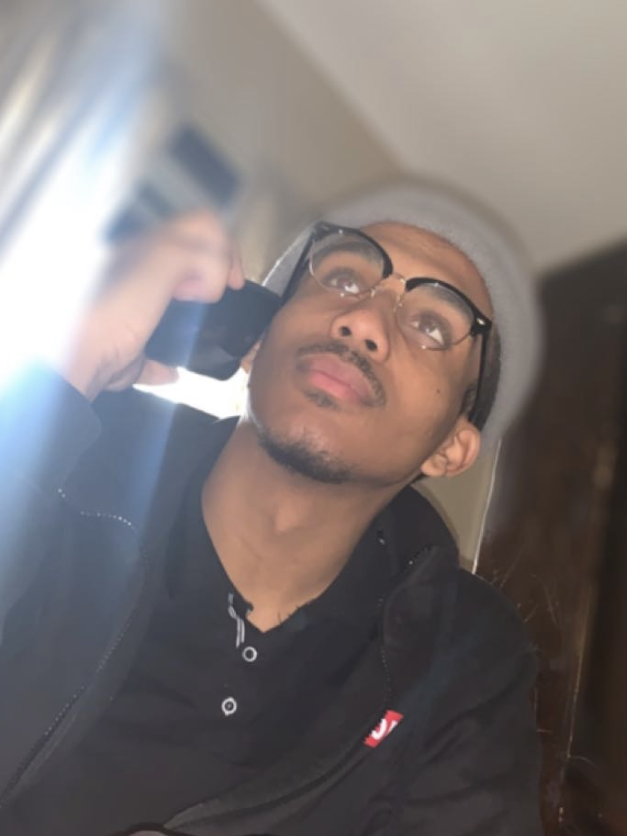
Transit is important because some people do not have cars and need the bus so they can get to places. I do not have a car, so I’m obligated to bike or bus.
Most of the time the bus does get me to where I need to go, but there are often delays from traffic and during the pandemic, I get passed up by the bus a lot. I usually have to get on the bus by 5:50 a.m. to get to basketball practice by 7:00 a.m. and there have been times when the bus passes me up and I can’t make it to practice on time. The same has happened when trying to get to the Housing Center so the Youth Coordinator just tells me to go home and join by Zoom instead. I wish I didn’t have to miss out on basketball practice or Youth Council meetings because of issues with the bus.
Some bus routes in Chicago run more smoothly than others. For example, the Pulaski A route that runs further south is better than the other Pulaski route that comes through Belmont Cragin and Logan Square because there is less traffic further south. So we would need bus lanes up here to help it run as fast as the other route.
If there was more federal funding for transit, I would want to see more frequent buses on Belmont, Diversey, Harlem, and Central Aves., more bus lanes on those same streets, more bike racks on buses, and an app that would allow people to pay before they board so we could get on the bus more quickly through all doors, kind of like how they do it at the Belmont Blue Line Stop.
Bus lanes on Belmont Ave, Diversey Ave, Harlem Ave, and Central Ave would be great so that the bus could roll by traffic rather than getting stuck in it. I’ve seen them in other places, like New York City has them and things run more smoothly when the bus has its own lane.
Right now, there are only two spots for bikes on the bus bike racks. I think there should be at least three spots on the front and back. Sometimes I’m too tired to bike home and want to take the bus, but the bike rack is already filled with bikes, so I have to bike home exhausted.
I would also like transit to be safer. I had an experience on the bus late at night once where there was a man with a knife staring at me and I decided to get off the bus before I reached my destination because I was scared. I wish there were transit ambassadors who had tasers or pepper spray who could help handle situations on the bus because I’ve seen a lot of people mess with bus drivers and get in fights as well.
Transit should also be cleaner, nobody wants to get on a bus that is smelly or dirty. Sometimes I pick up trash I see on the bus but I think everyone should pitch in and do that. People don’t have respect for the bus. If you are taking the bus, you should keep it clean. It’s somebody’s job to clean the bus, don’t make it harder for them. We don’t let people trash our homes, so why do we let people trash the bus?
I also believe the more we can improve transit, the more people will ride transit and then we can have less car pollution and a cleaner environment and community. I’ve cared about the environment since I was young, I don’t like to harm my community because this is where I’m going to be living and what I’m going to be seeing every day, so it wouldn’t be a smart idea to harm your own community. If you reduce car pollution, things would be more vibrant and trees would be healthier. It will be a good day when people can leave their cars at home and take the bus. Let’s get those bus ratings up to at least a “B”!
